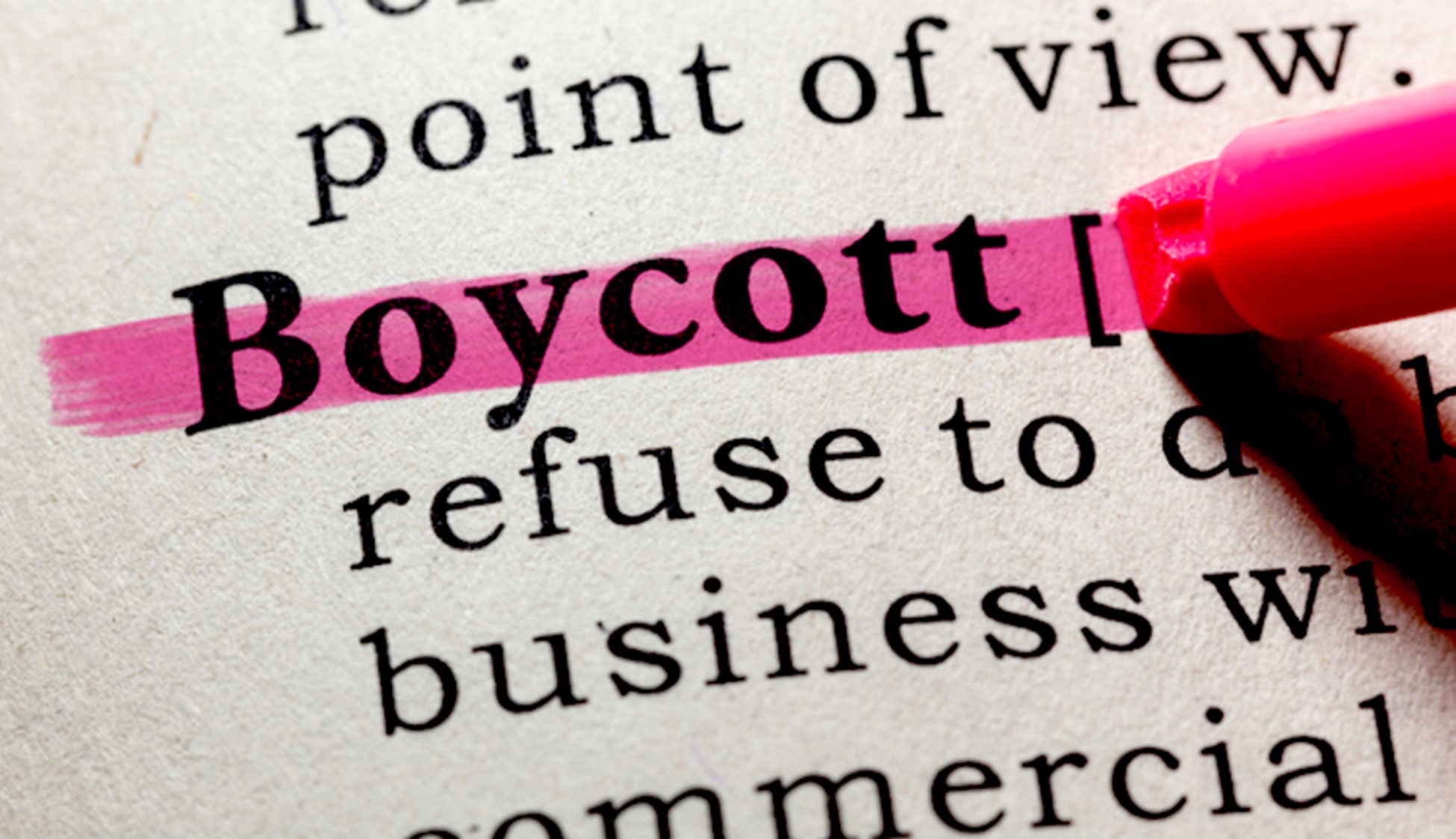U.S. News Takes Aim at Top Law Schools Amidst Rankings Boycott
Following a mass boycott of its law school rankings, U.S. News is now taking aim at top law schools accusing them of trying to evade accountability by opting out of its ratings, The New York Times reports.
In recent days, U.S. News has fired back in a public-relations campaign criticizing top law schools for taking responsibility for admissions and student outcomes, and even connecting the boycott to the Supreme Court’s pending decision of ending affirmative action.
“Some law deans are already exploring ways to sidestep any restrictive ruling by reducing their emphasis on test scores and grades — criteria used in our rankings,” Eric J. Gertler, the executive chairman and chief executive of U.S. News, wrote in an opinion essay in The Wall Street Journal.
In a full-page advertisement in The Boston Globe, U.S. News defended its rankings as one of the few resources available for students to compare institutions and identify factors most important to them in choosing a law school.
“As tuition continues to skyrocket, students require reliable information to guide them in their decision-making process,” the open letter states.
Gertler, the executive chairman of U.S. News, even suggested that top law schools wanted to be able to admit students with lower test scores and grades if the Supreme Court were to rule against affirmative action (currently there are two affirmative action cases pending against Harvard and the University of North Carolina).
THE ORIGIN OF THE RANKINGS BOYCOTT
Back in November, Yale University was the first law school to announce its decision of ending its participation in the U.S. News & World Report rankings. Soon after, Harvard University and a number of University of California law schools followed suit.
Many of the law schools say the rankings unfairly reward law schools that recruit affluent students and fail to give proper credit to schools that recruit students from lower economic backgrounds and ones pursuing careers in academia or public service.
“The U.S. News rankings are profoundly flawed — they disincentivize programs that support public interest careers, champion need-based aid, and welcome working-class students into the profession,” Yale Law School Dean Heather K. Gerken wrote in a blog post announcing the decision. “We have reached a point where the rankings process is undermining the core commitments of the legal profession.”
Sources: The New York Times, The Washington Post, The Wall Street Journal, Yale Law School
Next Page: Improving your LSAT score.


Questions about this article? Email us or leave a comment below.